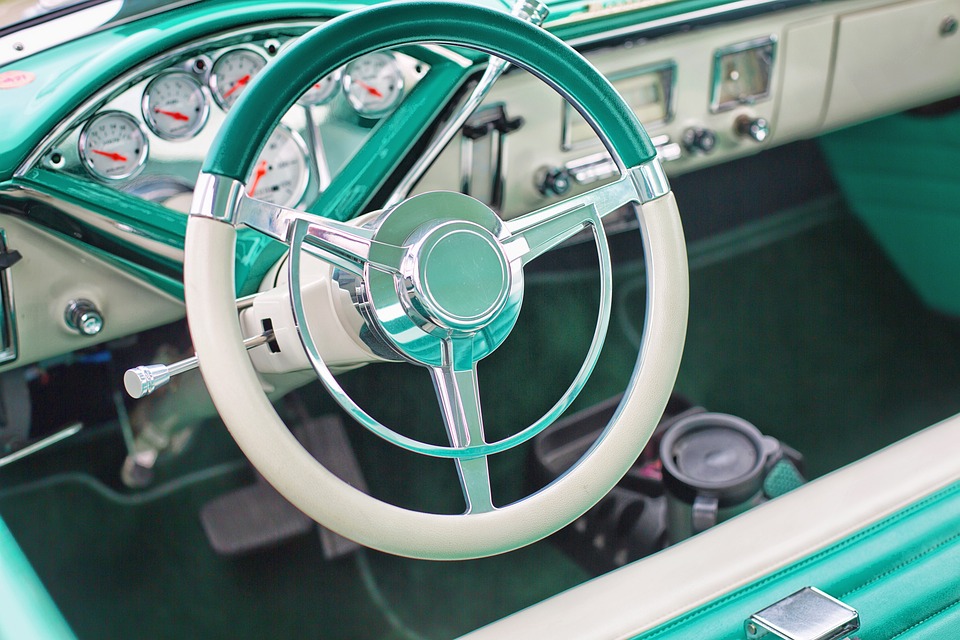Lifting your Honda Ridgeline can seem like an exciting way to enhance its aesthetic appeal and off-road capabilities, but it’s not without its share of headaches. Many enthusiasts dive into this upgrade without fully understanding the potential pitfalls, only to encounter problems ranging from uneven tire wear to handling issues. In this article, I aim to guide you through the murky waters of Honda Ridgeline lift kit problems. You’ll find not just a list of common issues but also practical solutions and tips to ensure that your truck remains reliable and enjoyable to drive. This piece is crafted to serve as a comprehensive roadmap, ensuring you’re well-informed before making any modifications.
With over a decade of experience in the field since 2013, my insights into the nuances of automotive upgrades, particularly concerning the Honda Ridgeline, are grounded in both personal and professional encounters with this unique vehicle. The journey through diagnosing, understanding, and resolving lift kit issues has equipped me with a breadth of knowledge that I feel compelled to share. This experience, combined with a genuine passion for all things automotive, positions me uniquely to offer advice, tips, and solutions on navigating the complexities of Honda Ridgeline lift kit problems. Whether you’re considering this modification for the first time or seeking remedies for existing challenges, my guidance is tailored to ensure your Ridgeline reaches its full potential without compromising on safety or performance.
Honda Ridgeline Lift Kit Problems
## Honda Ridgeline Lift Kit Problems: Common Issues & Solutions
Lifting a Honda Ridgeline is a common upgrade for enthusiasts seeking an enhanced appearance and improved off-road capability. However, this modification can introduce a series of issues. Drawing on TruckingCareers.org’s extensive experience of over 10 years in the automotive upgrade field since 2013, this article delves into the common problems encountered with Honda Ridgeline lift kits and provides practical solutions to address these challenges.
### Unexpected Changes in Handling
One of the primary issues Honda Ridgeline owners face after installing a lift kit is a noticeable change in the vehicle’s handling characteristics. The alteration in the truck’s center of gravity can lead to a less stable ride, especially at higher speeds or during sharp turns.
The solution to this problem lies in careful recalibration of the vehicle’s suspension system. Upgrading to performance shocks and struts can help offset the raised center of gravity, thus improving stability and handling. Additionally, consulting with a suspension specialist who understands the intricacies of lifted trucks can provide customized advice tailored to your specific lift kit and vehicle requirements.
### Premature Wear of Suspension Components
Lifting a Honda Ridgeline often leads to accelerated wear and tear on suspension components, particularly on parts not designed to operate at the angles created by the lift. This can result in more frequent replacements and increased maintenance costs.
To mitigate this issue, it is essential to invest in a high-quality lift kit that includes replacement parts designed to cope with the altered geometry of a lifted truck. Upgrading critical components such as CV joints and tie rods to heavy-duty versions can also prolong their lifespan and reduce the need for constant repairs. It’s about balancing the desire for elevation with the practicality of maintaining vehicle integrity.
### Drivetrain and Axle Issues
Lifting a vehicle like the Honda Ridgeline without properly adjusting the drivetrain can lead to significant issues, including undue stress on the CV joints and axles. This misalignment often results in vibrations, unusual noises, and even premature failure of drivetrain components.
The solution involves ensuring that the lift kit installation includes appropriate adjustments to the drivetrain geometry. In some cases, installing a differential drop kit or using spacers can help realign the drivetrain components, reducing stress and preventing damage. Professional installation by experts familiar with the specific challenges of lifting a Honda Ridgeline is recommended to avoid these issues.
### Impaired Fuel Efficiency
A lifted Honda Ridgeline faces increased air resistance, which can lead to a decrease in fuel efficiency. The elevated profile of the truck introduces greater wind resistance while driving, which results in the engine working harder to maintain speed.
Combatting this downside requires a multifaceted approach. Aerodynamic enhancements, such as a more streamlined tonneau cover, can help reduce drag. Additionally, ensuring your lifted Ridgeline is equipped with the most fuel-efficient tires available for its new stature can also help mitigate some of the loss in fuel efficiency.
### Difficulty Accessing the Vehicle
The increased height of a lifted Honda Ridgeline can make it more challenging for some passengers to enter and exit the vehicle. This is a particularly pertinent issue for those with mobility restrictions or shorter stature.
Installing running boards or side steps can offer a practical solution to this problem. These accessories provide an intermediate step that makes it easier for passengers to climb in and out of the lifted truck. Selecting retractable models can help preserve the off-road capability and aesthetic appeal of the lift while providing accessibility when needed.
### Altered Brake Performance
The additional weight of a lift kit, coupled with the truck’s increased height, can have a pronounced effect on braking performance. The original brake system may not be up to the task of efficiently stopping the larger, heavier tires typically associated with a lifted setup.
Upgrading to a high-performance brake system is a vital step in ensuring the safety of a lifted Honda Ridgeline. Larger rotors, upgraded brake pads, and enhanced calipers can significantly improve braking effectiveness. It is also advisable to periodically check and adjust the brake system to maintain optimal performance as the vehicle’s dynamics change over time.
### Compliance with Vehicle Regulations
Lastly, modifying a vehicle through lifting can sometimes run afoul of local vehicle regulations, which often set limits on vehicle height. Non-compliance can lead to legal complications, fines, and even having to undo the modifications.
Before lifting your Honda Ridgeline, thoroughly research the applicable laws in your area to ensure your modified vehicle remains street-legal. In many cases, consulting with a professional installer who is well-versed in local regulations can save you from future headaches and ensure that your lifted Ridgeline meets all legal standards without compromising on style or functionality.
Drawing on the wealth of experience accumulated since 2013, TruckingCareers.org emphasizes the importance of understanding the potential pitfalls associated with lifting a Honda Ridgeline. By approaching these modifications with a thorough comprehension of the challenges and an eye towards high-quality solutions, owners can enjoy the benefits of a lifted truck without enduring the common drawbacks.
FAQs on Honda Ridgeline Lift Kit Problems
### FAQs on Honda Ridgeline Lift Kit Problems
**Q1. Do lift kits for Honda Ridgeline affect the ride quality?**
– Yes, lifting a Honda Ridgeline can affect ride comfort and handling due to changes in suspension geometry.
**Q2. Can installing a lift kit void my Honda Ridgeline warranty?**
– It’s possible; aftermarket modifications like lift kits can void certain aspects of your vehicle’s warranty.
**Q3. Are there alignment issues after installing a lift kit on a Honda Ridgeline?**
– Yes, lifting your Ridgeline often requires alignment adjustments to correct changes in suspension angles.
**Q4. Will a lift kit for my Ridgeline impact fuel efficiency?**
– Generally, yes. Increased wind resistance and changes in drivetrain angles can reduce fuel efficiency.
**Q5. Can I install a Honda Ridgeline lift kit by myself?**
– While possible, professional installation is recommended to ensure safety and correct fitment.
**Q6. Do lift kits affect the towing capacity of the Honda Ridgeline?**
– Lift kits can affect the towing dynamics and potentially reduce the rated towing capacity.
**Q7. Will I need to replace other parts when installing a lift kit on my Ridgeline?**
– Additional modifications, such as longer shocks or brake line adjustments, may be necessary when lifting your vehicle.
**Q8. Can lifting my Honda Ridgeline cause premature wear on other components?**
– Yes, modifying the suspension can lead to faster wear on components like tires, bearings, and joints.
**Q9. Are there specific brands of lift kits that are recommended for the Honda Ridgeline?**
– Choosing reputable brands known for compatibility with the Ridgeline, like Truxxx or ReadyLIFT, is advisable.
**Q10. Can a lift kit installation affect the insurance of my Honda Ridgeline?**
– Yes, modifications like lift kits can impact your insurance rates or coverage; it’s best to check with your provider.




